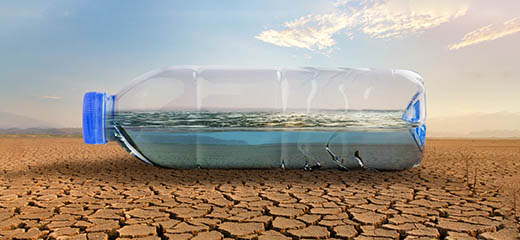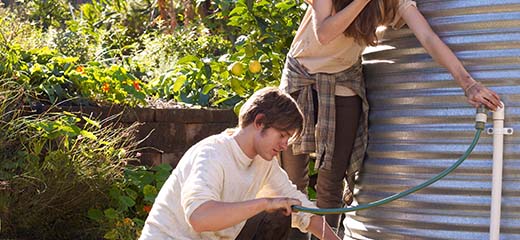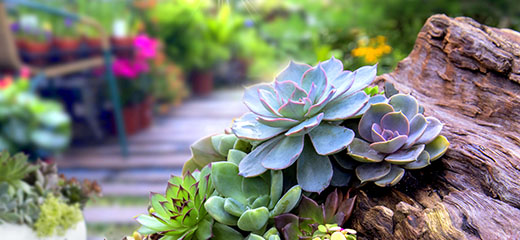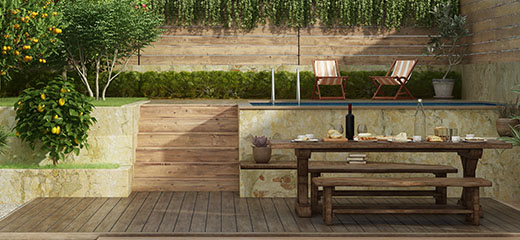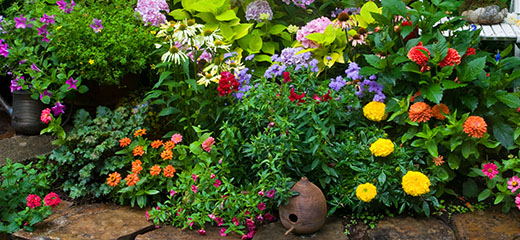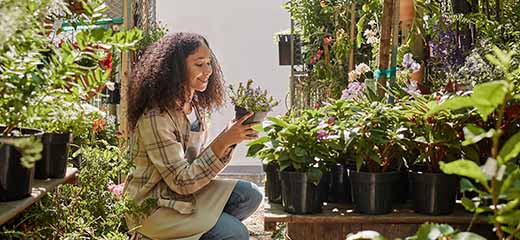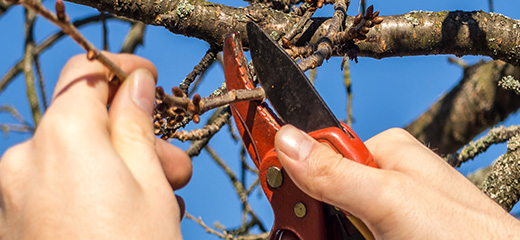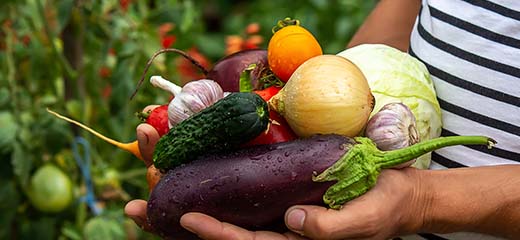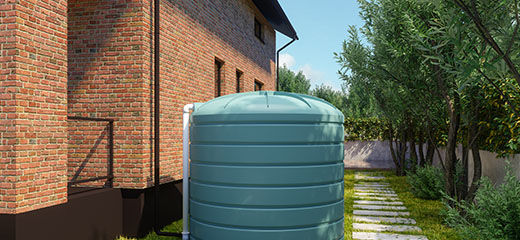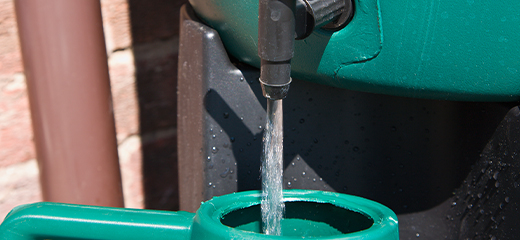
How to maintain your garden during water shortages
The recent water problems in the country have taught us to tighten our belts and use water sparingly. If you have a garden, you know that it requires a lot of water for proper maintenance. Fortunately there are many ways to keep a garden beautiful without using water meant for basic needs. In fact, some methods will allow you to reuse water from the activities in your home and help you save money on your monthly water bills.
The following cost effective options will keep your garden thriving throughout the year, so you can reap the benefits.
Watering wisely
Watering the garden during the day when the sun is scorching hot can be conterproductive. During the day evaporation happens, which means the water you pour may not even reach the roots of your plants. The best time to water your flowers, herbs or vegetables in summer is in the early morning so they can get as much water as possible before the sun rises and the effects of evaporation sets in. In winter, it is recommended that you water in the mid-afternoon when the sun has warmed the ground.
Choose tolerant plants
There are many plants that require little water and are very low maintenance. These are good options for the home without compromising on the landscape beauty you want to achieve. Plus you don’t have to worry about maintaining them too often.
Harvest rainwater
Rainwater is nature’s gift to your plants and a great source of natural nutrients for them. This free source of water can be a lifesaver during dry spells. Rainwater harvesting is a popular strategy to secure water and reduce monthly bills.You can set up a rain harvesting tank or cistern and won’t have to worry about the water being completely clean since it's not for human consumption.
Greywater harvesting
The volume of water from your washing machine outlet provides the best source of used water for your garden. You can also capture water from your shower and bathtub and use it for gardening as well. It can be used to maintain your garden, as long as it does not have bacteria or any harsh chemicals or soaps that can damage your plants. Stay away from dishwashing water due to the amount of bacteria in it. You can store the grey water in a tank and set up your hosepipe to use it for your gardening.
Mulching for moisture retention
If you have not considered mulch in your gardening methods, now is the time. This thick organic pulp of old leaves, hay and grass can act as a protective barrier, reducing evaporation, suppressing weeds, and retaining soil moisture. Apply a thick layer of organic mulch around your plants every week to prevent drying or moisture loss.
Improve your soil
When it comes to gardening, your soil's health will always play a big role. Healthy soil will produce the best plants and is able to retain moisture better. Simply add organic matter such as compost to improve soil structure and water retention capacity.
Implement xeriscaping
Xeriscaping involves designing landscapes that require minimal water. It emphasises the use of succulents and cacti, mulching and beautiful rocks to design a beautiful garden and is popularly used in many homes’ walkway or next to the pavements.This gardening art form is very low maintenance and not only saves you money on water but on landscaping costs.
Pruning
Regular pruning will automatically mean less water loss. Practices such as regularly pruning back plants can strategically reduce water loss through transpiration. Removing dead or damaged leaves, flower heads or branches will promote healthier growth and prevent water wastage.
Artificial grass
A lawn contributes beauty to your home but can be quite maintenance heavy. It requires lots of regular watering, grows quickly and easily erodes during heavy rains. Many homeowners are choosing artificial grass so they can enjoy an all year round green lawn without any need for water or maintenance.
Municipal messaging
Many municipalities advise home owners on possible water restrictions and share tips and tricks to use water wisely on their social media platforms. There is an act that states that we are required by the law to use water wisely. This means not using irrigation or sprinkler systems and sometimes even hose pipes during severe water shortages.Check your municipal websites and social media platforms for updates on the water restrcitions.
If you’ve been using a lot of water for your garden, now is the time to switch and take up one of these sustainable and cost effective ways to maintain it. Not only are they worry free and easy to implement, they are much cheaper than watering straight from the taps.
LookSee is a free home efficiency platform aimed at making homeownership easier and more affordable.
